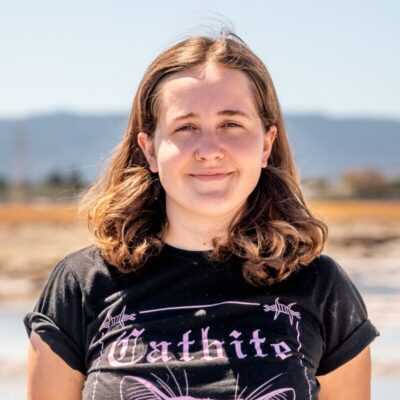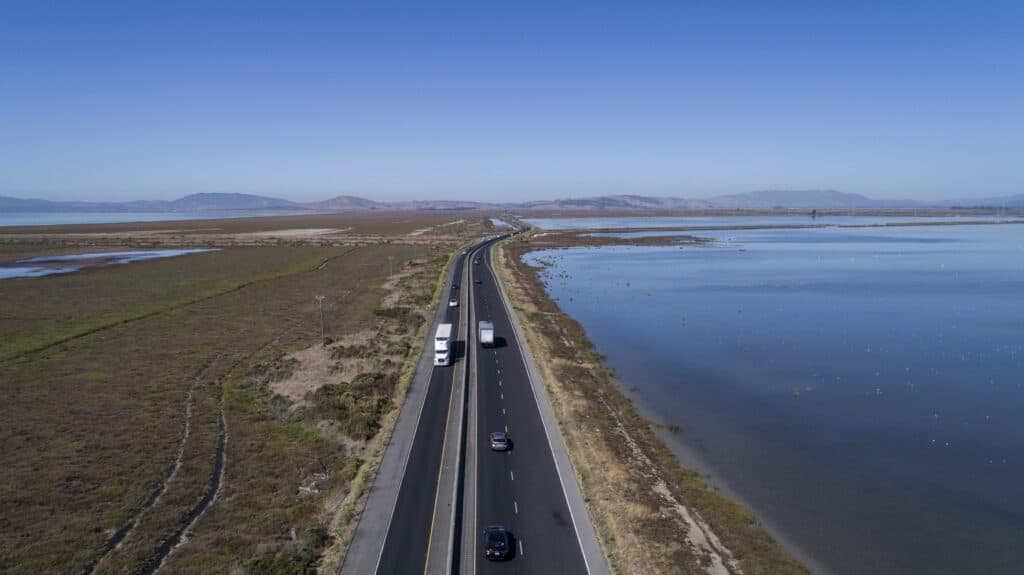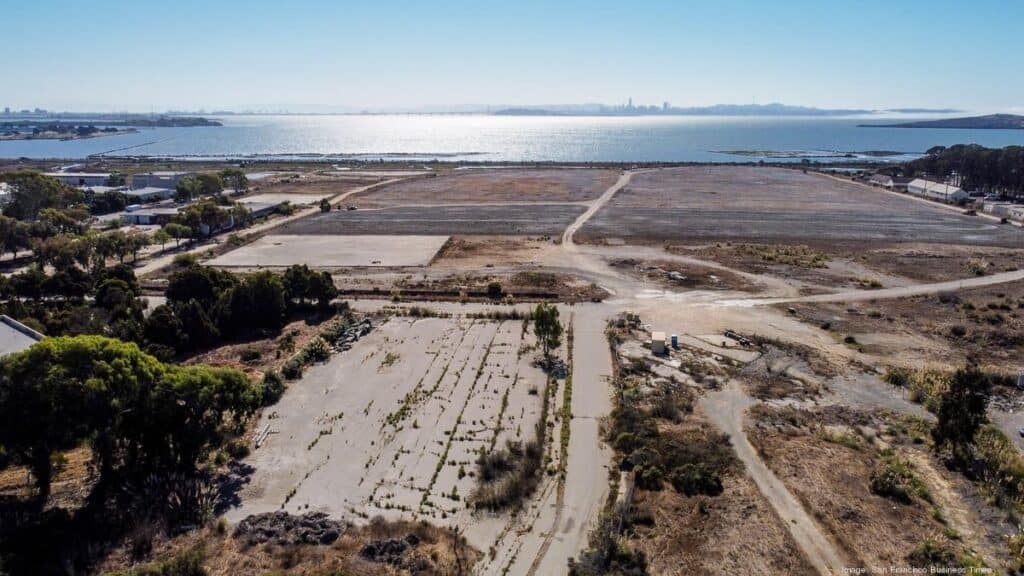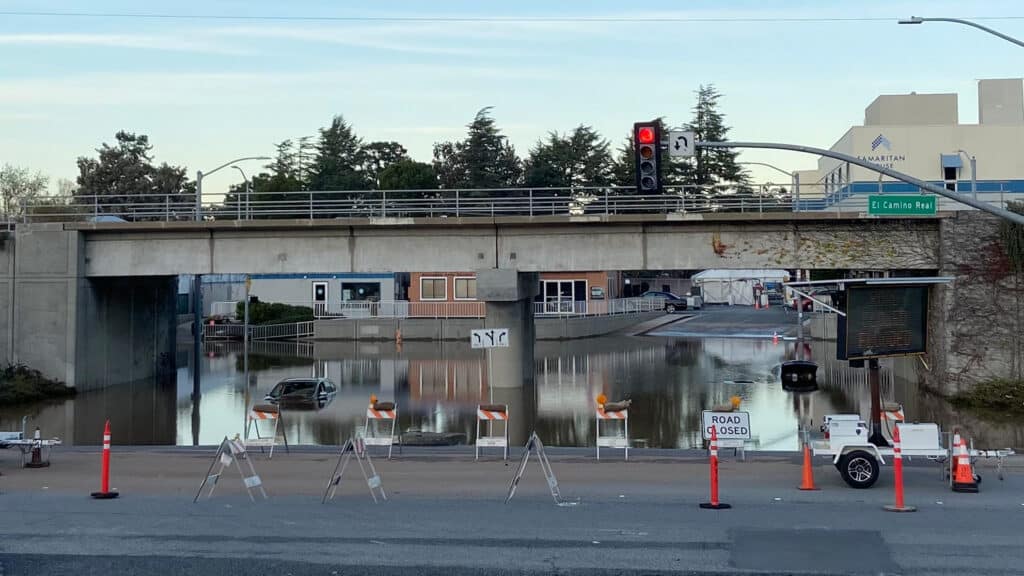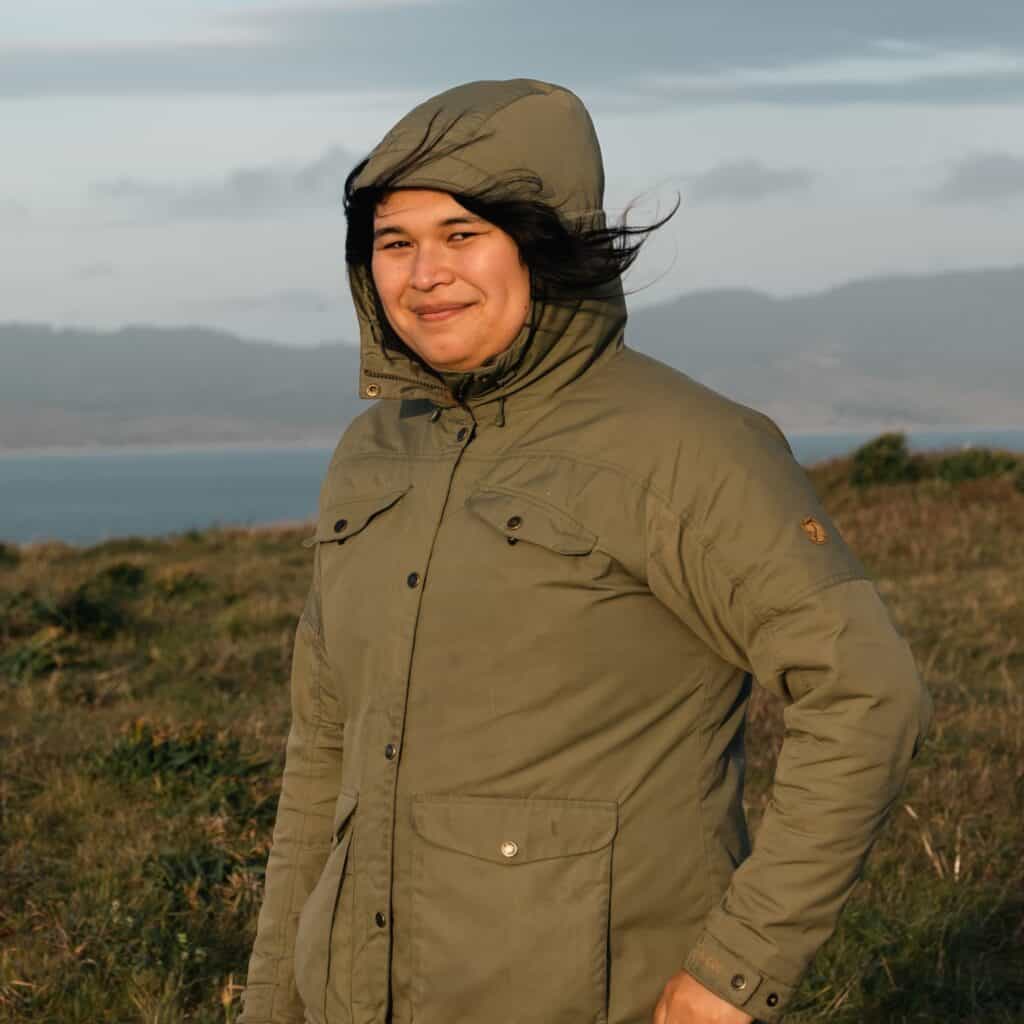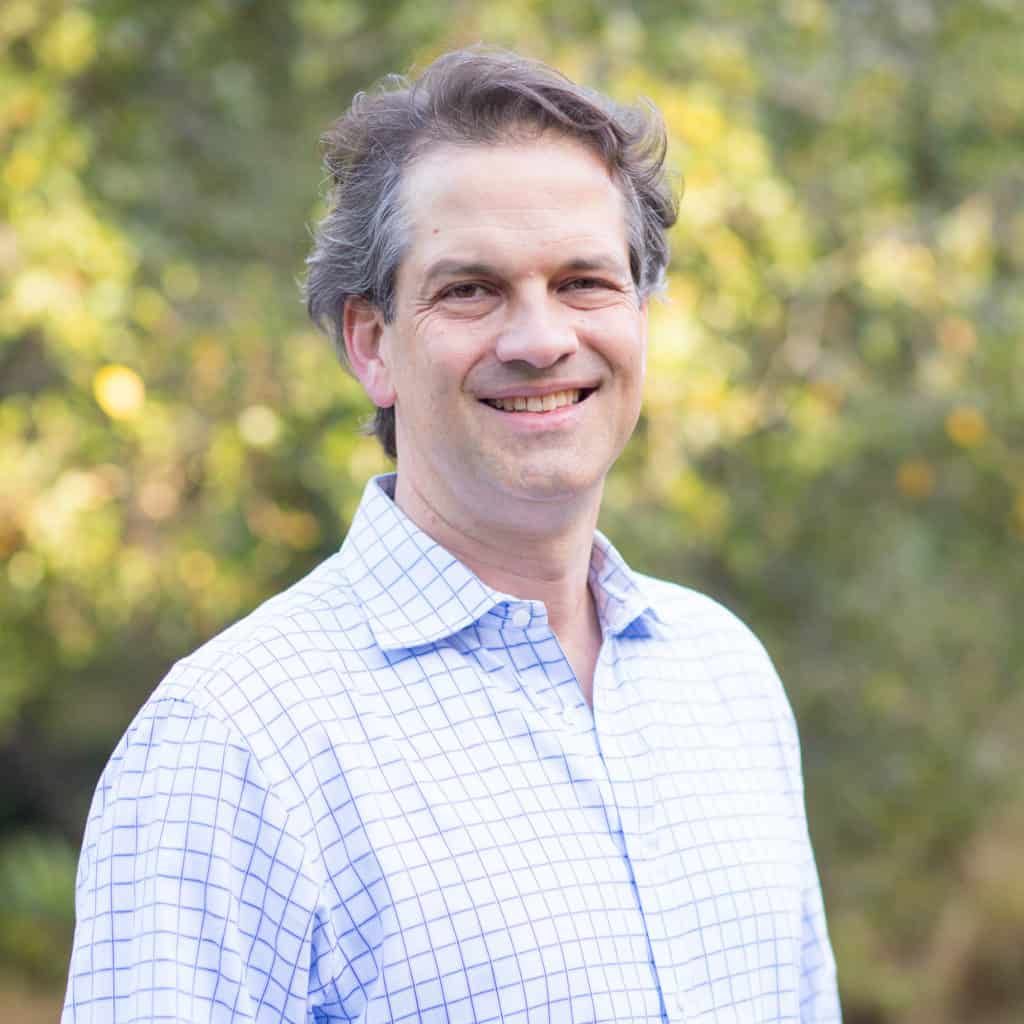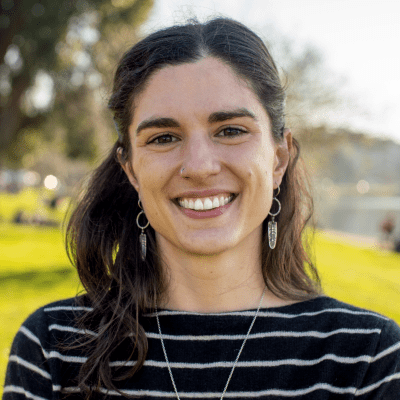 The California State Legislature wrapped up its 2017 session last month with the passage of some significant environmental bills that will provide important benefits to San Francisco Bay and Bay Area residents. Below are some of the notable achievements that will help keep our Bay – and Bay Area air – clean and healthy. With the exception of the bill extending the cap-and-trade system for reducing California’s greenhouse gas emissions, which has already been signed into law, all the bills mentioned below await the Governor’s signature. Bay Restoration Funding in the State Parks and Water Bond In one of the final votes of the 2017 session, the Legislature passed a Parks and Water Bond measure, Senate Bill 5 (de León), that voters will likely see on the June 2018 statewide ballot. The proposed bond contains $4 billion for parks, green space, and water projects statewide. Notably, the bill contains a one-time investment of $20 million for San Francisco Bay restoration, something we worked hard to include. With support from key allies and thousands of our supporters throughout the region, we made a strong case for Bay restoration funding among competing environmental priorities throughout California. While we are disappointed that the final bond does not include a higher level of funding, this $20 million would add to the $25 million annually for 20 years provided by 2016’s regional Measure AA. If the Governor signs the bill as anticipated, the bond will be subject to voter approval on the June 2018 statewide ballot. Stormwater Financing Stormwater is both an important freshwater resource and a major source of pollution in our waterways. Yet, unlike drinking water and wastewater projects, critical stormwater projects have failed to move forward due to an interpretation of state law that limited the ability of local governments to fund them. Failure to repair and upgrade our stormwater infrastructure over many years has led to increased local flooding during storms and the continued flow of trash and toxic heavy metals into the Bay, polluting the water and threatening wildlife habitat. Given chronic water shortages in California, it is imperative that local governments fund projects that capture and recycle stormwater in order to reduce the strain on our freshwater resources. Fortunately, the Legislature passed new measures to help municipalities do just that. To help facilitate local financing and implementation of stormwater projects, Senate Bill 231 (Hertzberg) will give municipalities and local water agencies the necessary authority to finance stormwater projects while maintaining strict requirements for transparency and accountability. To prioritize these projects, Senate Bill 5 contains $100 million in competitive grants for statewide investment in water reuse and recycling, including stormwater projects. The bill also contains $100 million statewide for stormwater and other flood protection and repair projects that will help reduce the flow of trash into our waterways. Smoking Ban in State Parks and Beaches Complementing the numerous local and regional smoking bans already in effect throughout the Bay Area, the Legislature passed two bills to prohibit smoking in state parks and beaches. Smoking in these areas exposes visitors to second hand smoke, and cigarette butts threaten the health of wildlife and local waterways. An activity that mars the quality of our air, landscape, and water has no place in areas where Californians go to enjoy the outdoors with their families. Cigarette litter is toxic, plastic trash that plagues California’s beaches and shoreline. Cigarette filters are made from non-biodegradable cellulose acetate, and will persist in the environment indefinitely. Cigarette butts have been the most common type of litter collected on Coastal Cleanup Day for the last 20+ years. At state parks in the Bay Area, including China Camp State Park, McLaughlin East Shore State Park, Crown Beach State Park, and Angel Island State Park, thousands of cigarette butts are found each year during Coastal Cleanup Day events. The two bills, Senate Bill 386 (Glazer), which is stronger and more prescriptive, and Assembly Bill 725 (Levine), which leaves state officials greater flexibility for purposes of implementation, would ban smoking in state parks and beaches and impose fines on those who violate the ban. Cap-and-Trade Extension Finally, in one of the more contentious and momentous votes of the year, the Legislature voted to extend the state’s cap-and-trade system through 2030. California’s cap-and-trade is the strongest greenhouse gas emission reduction mechanism in the nation, and one that has yielded billions of dollars in funding for key climate mitigation programs. In order to continue funding these important initiatives, retaining some type of carbon pricing scheme was essential. Earlier this year, cap-and-trade’s future was uncertain. The program was set to expire in 2020, and a pending lawsuit challenged the constitutionality of its simple-majority passage back in 2006. In order to overcome that legal challenge and extend the policy beyond 2020, legislative leaders needed to craft an extension that would achieve passage by a two-thirds majority. In order to reach that threshold, cap-and-trade supporters in the Legislature accepted significant compromises. The final deal gave away billions of dollars in allowances to oil companies and other big polluters; it reduced the ability of local air regulators to control carbon dioxide emissions; and it allowed polluters to increase their use of carbon offsets rather than reduce their emissions, among other problems. Therefore, the bill was opposed by environmental justice groups and some others in the environmental community who believed it did more harm than good, and that its passage came at the continued expense of low-income communities and communities of color who suffer disproportionately from the negative impacts of climate change.
The California State Legislature wrapped up its 2017 session last month with the passage of some significant environmental bills that will provide important benefits to San Francisco Bay and Bay Area residents. Below are some of the notable achievements that will help keep our Bay – and Bay Area air – clean and healthy. With the exception of the bill extending the cap-and-trade system for reducing California’s greenhouse gas emissions, which has already been signed into law, all the bills mentioned below await the Governor’s signature. Bay Restoration Funding in the State Parks and Water Bond In one of the final votes of the 2017 session, the Legislature passed a Parks and Water Bond measure, Senate Bill 5 (de León), that voters will likely see on the June 2018 statewide ballot. The proposed bond contains $4 billion for parks, green space, and water projects statewide. Notably, the bill contains a one-time investment of $20 million for San Francisco Bay restoration, something we worked hard to include. With support from key allies and thousands of our supporters throughout the region, we made a strong case for Bay restoration funding among competing environmental priorities throughout California. While we are disappointed that the final bond does not include a higher level of funding, this $20 million would add to the $25 million annually for 20 years provided by 2016’s regional Measure AA. If the Governor signs the bill as anticipated, the bond will be subject to voter approval on the June 2018 statewide ballot. Stormwater Financing Stormwater is both an important freshwater resource and a major source of pollution in our waterways. Yet, unlike drinking water and wastewater projects, critical stormwater projects have failed to move forward due to an interpretation of state law that limited the ability of local governments to fund them. Failure to repair and upgrade our stormwater infrastructure over many years has led to increased local flooding during storms and the continued flow of trash and toxic heavy metals into the Bay, polluting the water and threatening wildlife habitat. Given chronic water shortages in California, it is imperative that local governments fund projects that capture and recycle stormwater in order to reduce the strain on our freshwater resources. Fortunately, the Legislature passed new measures to help municipalities do just that. To help facilitate local financing and implementation of stormwater projects, Senate Bill 231 (Hertzberg) will give municipalities and local water agencies the necessary authority to finance stormwater projects while maintaining strict requirements for transparency and accountability. To prioritize these projects, Senate Bill 5 contains $100 million in competitive grants for statewide investment in water reuse and recycling, including stormwater projects. The bill also contains $100 million statewide for stormwater and other flood protection and repair projects that will help reduce the flow of trash into our waterways. Smoking Ban in State Parks and Beaches Complementing the numerous local and regional smoking bans already in effect throughout the Bay Area, the Legislature passed two bills to prohibit smoking in state parks and beaches. Smoking in these areas exposes visitors to second hand smoke, and cigarette butts threaten the health of wildlife and local waterways. An activity that mars the quality of our air, landscape, and water has no place in areas where Californians go to enjoy the outdoors with their families. Cigarette litter is toxic, plastic trash that plagues California’s beaches and shoreline. Cigarette filters are made from non-biodegradable cellulose acetate, and will persist in the environment indefinitely. Cigarette butts have been the most common type of litter collected on Coastal Cleanup Day for the last 20+ years. At state parks in the Bay Area, including China Camp State Park, McLaughlin East Shore State Park, Crown Beach State Park, and Angel Island State Park, thousands of cigarette butts are found each year during Coastal Cleanup Day events. The two bills, Senate Bill 386 (Glazer), which is stronger and more prescriptive, and Assembly Bill 725 (Levine), which leaves state officials greater flexibility for purposes of implementation, would ban smoking in state parks and beaches and impose fines on those who violate the ban. Cap-and-Trade Extension Finally, in one of the more contentious and momentous votes of the year, the Legislature voted to extend the state’s cap-and-trade system through 2030. California’s cap-and-trade is the strongest greenhouse gas emission reduction mechanism in the nation, and one that has yielded billions of dollars in funding for key climate mitigation programs. In order to continue funding these important initiatives, retaining some type of carbon pricing scheme was essential. Earlier this year, cap-and-trade’s future was uncertain. The program was set to expire in 2020, and a pending lawsuit challenged the constitutionality of its simple-majority passage back in 2006. In order to overcome that legal challenge and extend the policy beyond 2020, legislative leaders needed to craft an extension that would achieve passage by a two-thirds majority. In order to reach that threshold, cap-and-trade supporters in the Legislature accepted significant compromises. The final deal gave away billions of dollars in allowances to oil companies and other big polluters; it reduced the ability of local air regulators to control carbon dioxide emissions; and it allowed polluters to increase their use of carbon offsets rather than reduce their emissions, among other problems. Therefore, the bill was opposed by environmental justice groups and some others in the environmental community who believed it did more harm than good, and that its passage came at the continued expense of low-income communities and communities of color who suffer disproportionately from the negative impacts of climate change.











